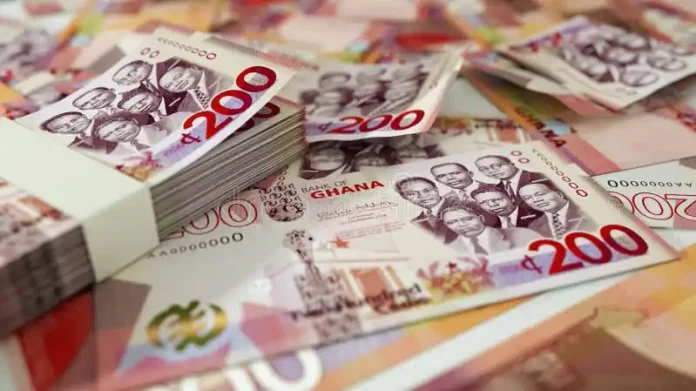President John Mahama’s government has banned foreign currency in all state contracts, enforcing a long-dormant 2006 law to stabilize the embattled cedi.
The directive, effective immediately, requires even externally funded projects to use Ghana’s local currency a move experts call overdue but fraught with enforcement challenges.
Finance Minister Cassiel Ato Forson detailed the policy in the mid-year budget review, targeting what economist Professor Godfred Bokpin labels “fiscally suicidal” dollarization. Between 2020 and 2024, the cedi plunged 135% against the dollar, while foreign reserves shrunk by 40%. “Pricing contracts in dollars created artificial demand that bled our economy,” argued former central bank researcher Dr. Nii Kwaku Sowa.
The shift aims to curb inflation, boost local contractors, and restore monetary control. Bank of Ghana could now maneuver interest rates more effectively without state-induced forex pressure. Veteran economist Kwame Pianim welcomed the symbolism: “If government doesn’t believe in the cedi, who should?”
Nigeria’s 2021 similar ban temporarily stabilized the naira and saved $2 billion in outflows. Yet IMANI Africa analyst Dr. Esi Yankah warns: “This can’t be another paper tiger. Enforcement must bite.” Past laxity rendered the 2006 Foreign Exchange Act irrelevant.
For Ghana’s businesses, stability could lower borrowing costs and spur investment. But success hinges on rigid compliance across ministries and opposition backing for what President Mahama frames as economic sovereignty’s frontline.
Source: newsghana.com.gh











